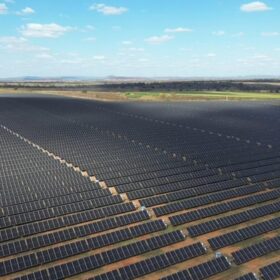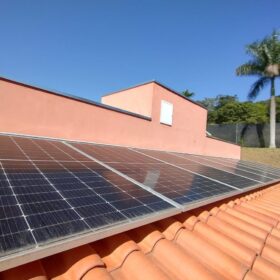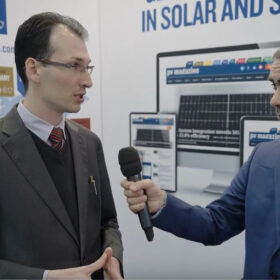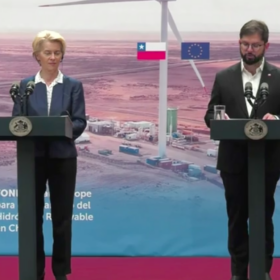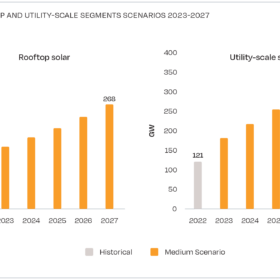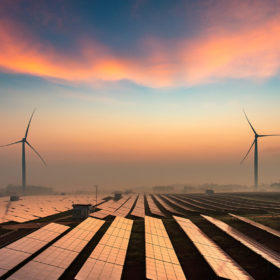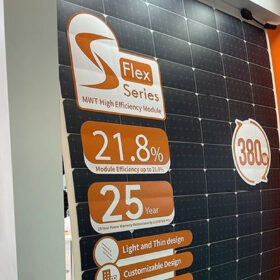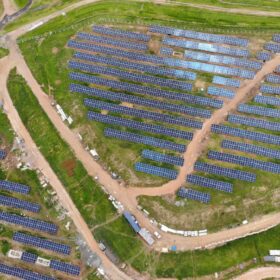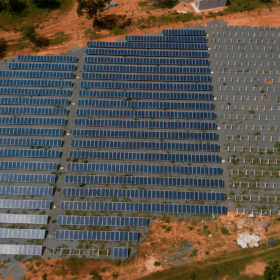Largest PV plant in Americas goes online in Brazil
Elera Renováveis has commissioned the 1.2 GW Janaúba solar complex. The facility, which went online this week, consists of 20 solar parks spread across 3,000 hectares.
Brazil added 4.2 GW of distributed solar in H1
Brazil’s distributed PV systems, including installations up to 5 MW in size, have surpassed 22 GW of cumulative capacity. By the end of June, more than 2 million arrays had been deployed nationwide.
Intersolar 2023: ‘[This] will be the year of large-scale solar for Brazil’
Rodrigo Sauaia, the president of the Brazilian Association of Photovoltaic Solar Energy (Absolar), recently spoke with pv magazine about power purchase agreements, regulated auctions, macroeconomics conditions, and electricity prices in Brazil. He said the Latin American country could add 4.6 GW of utility-scale solar capacity this year, as well as another 5.5 GW from distributed generation.
The Hydrogen Stream: Europe signs deals with Chile, Argentina, Brazil
The European Commission has agreed to ramp up hydrogen sector investments in Chile, Argentina, and Brazil, while Norsk Hydro has successfully produced the world’s first batch of recycled aluminum with hydrogen-fueled production methods.
Global rooftop PV additions soar by 50% to 118 GW in 2022
The world installed 239 GW of new solar capacity in 2022, according to SolarPower Europe. The rooftop PV segment accounted for 49.5% of additions – the highest share in the past three years. The rooftop sectors in Brazil, Italy, and Spain grew by 193%, 127%, and 105%, respectively.
Global solar additions to hit 310 GW in 2024, says IEA
The International Energy Agency (IEA) said in a new report that solar will remain the main source of global renewable capacity expansion in 2023, accounting for 286 GW. In 2024, the figure is set to grow to almost 310 GW, driven by lower module prices, greater uptake of distributed PV systems, and a policy push for large-scale deployment.
Weekend Read: Flex generation
A new generation of flexible, lightweight modules is entering the market. With back contact technology offering its own form of design flexibility and robustness, the new products could crack a hard-to-address market segment.
Brazil hits 30 GW milestone
The country has added 15 GW of new PV capacity since January 2022. In 2023 alone, it deployed 4.4 GW of new solar power, of which 3.15 GW comes from distributed generation and 1,24 GW from utility scale PV.
PV plants in Brazil hit by low performance in 2022
Centralized and distributed-generation PV plants in in Brazil generated less than expected last year, according to a study by Brazilian consultancy Greener.
The Hydrogen Stream: Northern Europe driving hydrogen project development
Dutch and Brazilian ports have signed a cooperation deal involving port development and green hydrogen production, while Thyssenkrupp Nucera has released a new alkaline water electrolysis (AWE) module.
